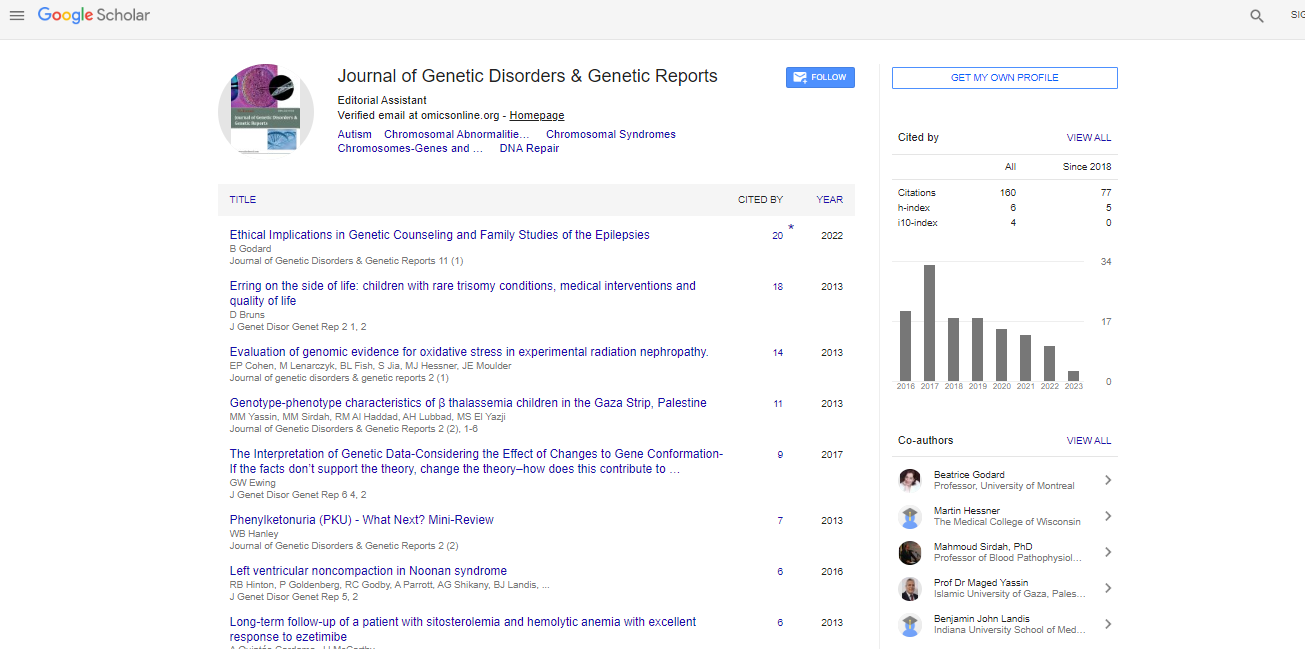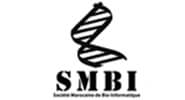Research Article, J Genet Disor Genet Rep Vol: 4 Issue: 2
Indigenous Complimentary Health Seeking Behavior among Caregivers of Sickle Cell Disorder in Nigeria
| Omiunu Ojinga Gideon1* and Akahchukwu Patience Chioma2 | |
| 1Africa Regional Centre for Information Science, University of Ibadan, Nigeria | |
| 2Unicorn Academics and Organisation Developmental Research Centre, Ibadan, Nigeria | |
| Corresponding author : Omiunu Ojinga Gideon Africa Regional Centre for Information Science, University of Ibadan, Nigeria Tel: +2348051779079, 8029219415 E-mail: ohiojingao@yahoo.com, omiunuojingag@gmail.com |
|
| Received: October 24, 2014 Accepted: January 23, 2015 Published: September 10, 2015 | |
| Citation: Gideon OO, Chioma AP (2015) Indigenous Complimentary Health Seeking Behavior among Caregivers of Sickle Cell Disorder in Nigeria. J Genet Disor Genet Rep 4:2. doi:10.4172/2327-5790.1000126 |
Abstract
Indigenous Complimentary Health Seeking Behavior among Caregivers of Sickle Cell Disorder in Nigeria
Sickle cell disorder (SCD) comprises a group of genetic red blood disorders affecting people. As a result of its incurability and lifelong treatment requirements, patients and their caregivers sometimes seek diverse treatment options instead of the orthodox treatment. The study investigated indigenous complimentary health seeking behavior of care givers of sickle cell diseases in UCH Ibadan. The research design used for this study was the cohort study. The study population included the primary and secondary caregivers of sickle cell disorder patients. Two hundred and eighty six (286) respondents were used for this study and the non probabilistic sampling technique was also used. The research instruments used were the questionnaire and in-depth interview. The frequency and simple percentage and the chi-square analysis were used to analyze the data collected. The prayers, herbal medicine and spiritual sources were the most sourced and used health care services employed by caregiver of sickle cell disease patients with prayers been the most dependable. In addition, financial factor, traditional belief factor, educational factor, religion factor, psychological factor, perceived wellness/ not wellness, perceived delay, cultural belief, perceived severity and environmental factor all affect the tendency for a caregiver of sickle cell patients to source and use a particular indigenous and complimentary health service system. The study recommended that there should be a formalization and re-formalization of the indigenous complimentary treatments adopted by caregivers of the sickle cell patients which include prayers, herbal medicines, spiritual sources, exercises and other methods.
 Spanish
Spanish  Chinese
Chinese  Russian
Russian  German
German  French
French  Japanese
Japanese  Portuguese
Portuguese  Hindi
Hindi 



